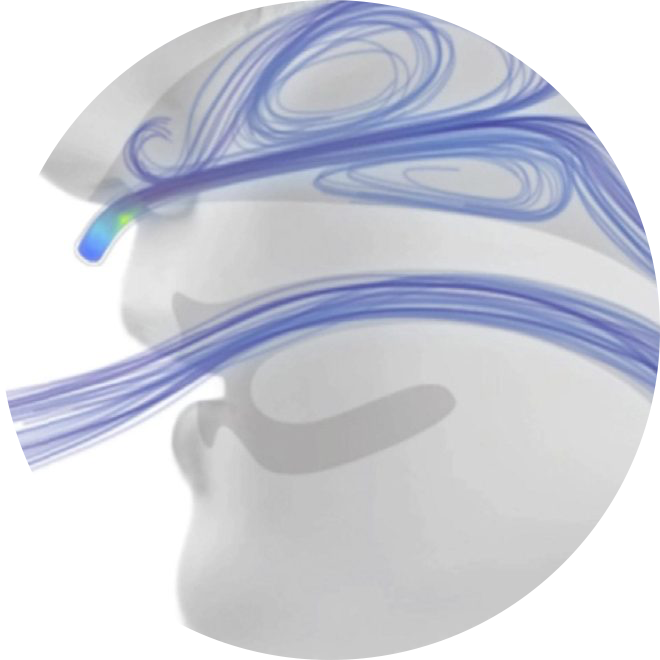The primary outcome was rates of desaturation to <93%.
Results
1669 (66%) patients got ApOx and 850 (33%) did not. Desaturation occurred in 10% of the ApOx group vs. 13% in the other group.
ApOx rules!!!
Maybe… maybe not…
This was not a randomized trial. As such, there could have been confounding factors or that led to the differences observed. (But to be fair, I would imagine that doctor would have been more likely to provide ApOx in those patients that they were worried might desaturate. Therefore, making the ApOx group look potentially worse. But perhaps I’m wrong…)
This was a study of registry data. Unfortunately, this data is often of poor quality. It’s possible we may have a “garbage in, garbage out” phenomenon. Intubation is often an anxiety provoking procedure where doctors get task focused. They may have not really been aware of how low the saturations dropped. Ideally, one would get the data from a research assistant who is tasked to collect accurate data at the time.
Desaturation is not really a patient-oriented outcome. Transient hypoxemia probably causes no harm in most patients. Ideally, we would look at more important outcomes involving real patient morbidity and mortality. But good luck powering such a study!
If ApOx doesn’t really change any important patient outcomes than arguably it may be one extra step that distracts us from getting the job done. In times of high stress, we need to keep our processes as simple as possible.
The debate continues…
Covering:
Perera A, Alkhouri H, Fogg T, et al. Apnoeic oxygenation was associated with decreased desaturation rates during rapid sequence intubation in multiple Australian and New Zealand emergency departments. Emerg Med J 2021;38:118-124. [Link to article]
| Dr Brian Doyle is an emergency physician originally from the United States but now very much calls Tasmania his home. Unfortunately, it will now be a bit more difficult to deport him from the country as he passed his Australian citizenship test a few years ago. (He was able to answer that Phar Lap won the Melbourne rather than the Davis Cup). His main interests are mostly the clinical aspects of emergency medicine but also in education, ultrasound and critical appraisal of the literature. He spends much of his time annoying people to help out with conferences. |



 RSS Feed
RSS Feed
